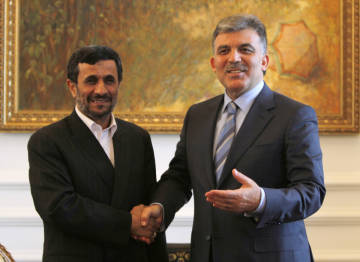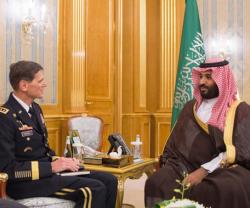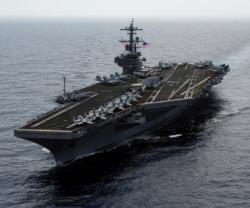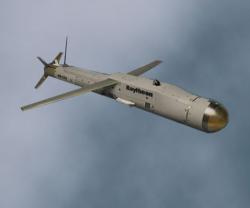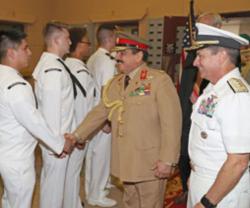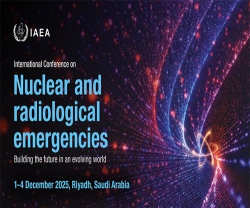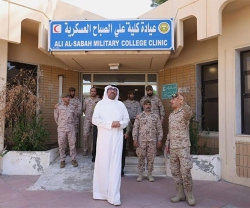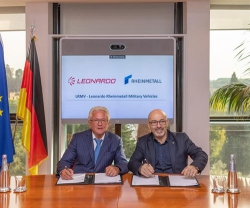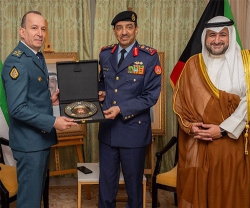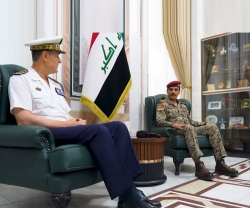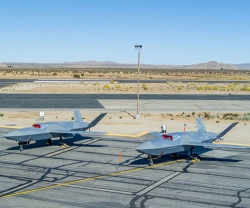Russia & Iran amid UN Sanctions
11.06.2010 Russia
The recently announced UN sanctions will not affect Russia's nuclear cooperation with Iran nor its S-300 missile deal, Russian Foreign Minister Sergei Lavrov said June 10 after claims the deal would be frozen.
On June 9, the UN Security Council adopted a fourth round of sanctions against Iran, imposing broader military and financial restrictions on the Islamic republic.
A source in the service that supervises Russian arms sales told the Interfax news agency earlier June 10 the sanctions meant Moscow would freeze the contract to deliver air defense (DCA) missiles to Tehran.
However, Lavrov, who was accompanying President Dmitry Medvedev on a visit to Uzbekistan, said the deal was still on. "As far as military-technical cooperation is concerned, the resolution introduces limits to cooperation with Iran on offensive weapons and defensive weapons do not fall under these limits," he told reporters.
Lavrov also said Moscow was in talks to build more nuclear reactors for the Islamic republic, and that the fresh sanctions would not affect Russia's economic cooperation with Tehran.
Russia is helping Iran build its first nuclear power plant, which is set to come online by the end of this summer.
Foreign ministry spokesman Andrei Nesterenko earlier said the DCA missiles were exempt from the Security Council resolution, which notably bans the sale to Iran of eight new types of heavy weapons and applies new restrictions on Iranian investments abroad.
Russia agreed the missile deal several years ago but never delivered the weapons amid pressure from the United States and Israel which fear they would dramatically improve Iran's defensive capabilities.
The S-300 sale is particularly controversial as Western powers fear Iran would use the sophisticated systems to protect its most sensitive nuclear sites against an aerial attack and inflict heavy casualties on the enemy.
On June 9, the UN Security Council adopted a fourth round of sanctions against Iran, imposing broader military and financial restrictions on the Islamic republic.
A source in the service that supervises Russian arms sales told the Interfax news agency earlier June 10 the sanctions meant Moscow would freeze the contract to deliver air defense (DCA) missiles to Tehran.
However, Lavrov, who was accompanying President Dmitry Medvedev on a visit to Uzbekistan, said the deal was still on. "As far as military-technical cooperation is concerned, the resolution introduces limits to cooperation with Iran on offensive weapons and defensive weapons do not fall under these limits," he told reporters.
Lavrov also said Moscow was in talks to build more nuclear reactors for the Islamic republic, and that the fresh sanctions would not affect Russia's economic cooperation with Tehran.
Russia is helping Iran build its first nuclear power plant, which is set to come online by the end of this summer.
Foreign ministry spokesman Andrei Nesterenko earlier said the DCA missiles were exempt from the Security Council resolution, which notably bans the sale to Iran of eight new types of heavy weapons and applies new restrictions on Iranian investments abroad.
Russia agreed the missile deal several years ago but never delivered the weapons amid pressure from the United States and Israel which fear they would dramatically improve Iran's defensive capabilities.
The S-300 sale is particularly controversial as Western powers fear Iran would use the sophisticated systems to protect its most sensitive nuclear sites against an aerial attack and inflict heavy casualties on the enemy.
Previous PostRussia to Purchase Mistral
Latest news
Latest events
Dubai International Air Chiefs’ Conference (DIACC 2025)
16 Nov 2025Atlantis, The Palm Dubai - United Arab EmiratesDubai Airshow
17 - 21 Nov 2025Dubai World Central (DWC) - United Arab EmiratesEgypt Defence Expo (EDEX)
01 - 04 Dec 2025Egypt International Exhibition Center New Cairo - EgyptDoha International Maritime Defence Exhibition & Conference (DIMDEX 2026)
19 - 22 Jan 2026Doha - Qatar

